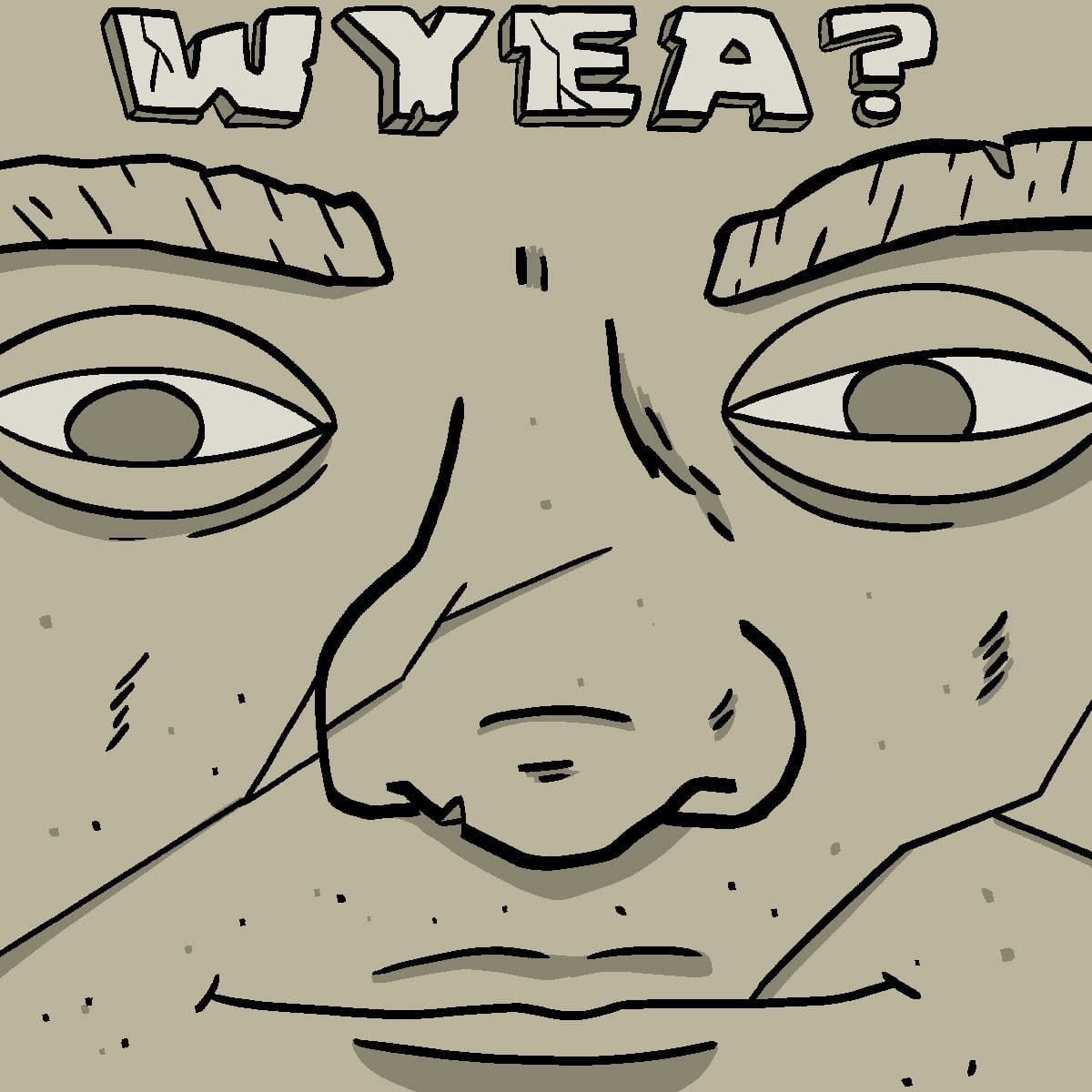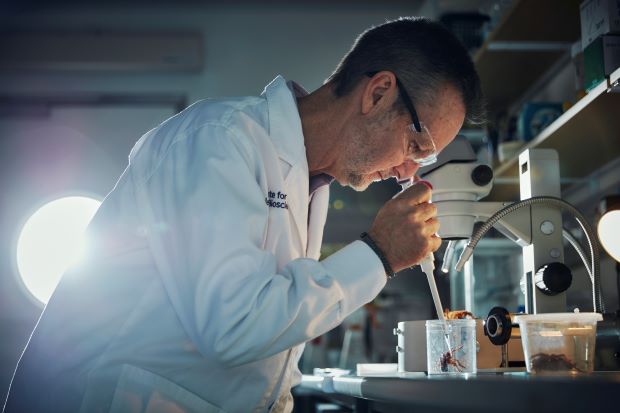- 500 Posts
- 400 Comments

 7·1 day ago
7·1 day agoPeople have often tended to think about AI and robots replacing jobs in terms of working-class jobs like driving, factories, warehouses, etc.
When it starts coming for the professional classes, as this is now starting to, I think things will be different. It’s been a long-observed phenomena that many well-off sections of the population hate socialism, except when they need it - then suddenly they are all for it.
I wonder what a small army of lawyers in support of UBI could achieve?

 11·2 days ago
11·2 days agoWhat’s your point? We know AI can be deployed in dishonest ways. So can books, and newspapers.
It’s Critical-Thinkig-Skills-101 to not fall for the ‘one of the blue people is bad, therefore all blue people are bad’ argument.

 5·2 days ago
5·2 days agoThe other benefit here is scale. Skilled human facilitators and their time are in short supply. AI deployment can be orders of magnitude greater.

 11·2 days ago
11·2 days agoHonestly, why isn’t the world more awake to this? These same scientists also did other studies, where higher concentrations of nanoplastics started causing widespread malformations throughout the embryo. It’s deeply disturbing.

 7·2 days ago
7·2 days agoAgreed. Sadly though I think we are heading for 2.4c heating, and we also need to prepare for emergency responses.

 1·3 days ago
1·3 days agoThey are supposed to be far more stable.

 31·4 days ago
31·4 days agoThe whole point of this instance is ‘evidence-based speculation about the future’. It’s fine to put up your own opinions about things, with supporting arguments, for debate.
It doesn’t suggest that they are correct, merely that they are topics for discussion. Lots of scientific papers suggest jumping off points for other ideas and concepts, that aren’t referenced in the original paper.

 31·4 days ago
31·4 days agoThere is relatively little research modeling asteroid ejecta dispersing throughout the galaxy. I’m really surprised this isn’t researched more.
https://astrobiology.com/2022/02/on-possible-life-dispersal-patterns-beyond-the-earth.html

 2·4 days ago
2·4 days agofalse negatives
I don’t get your logic here either. A false negative would have zero implications for anyone. It would have no legal standing or relevance.

 3·4 days ago
3·4 days agoIt is possible that the cyanobacteria performing better under the k-star light is just a coincidence. It’s surprises me science hasn’t got a better handle on the numbers around Panspermia. If we know material from other planetary systems outside our solar system gets to Earth, surely the burning question is how much, and from how many different planetary systems?
Also, looked at the other way around, there is another question. How much Earth asteroid ejecta is getting to k-star planetary systems in our galaxy? The obvious follow-on finding is that such ejecta might easily be spreading life to such places.

 2·4 days ago
2·4 days agoSurely highlighting 5 million out of 24 million is more efficient than checking them all?

 51·4 days ago
51·4 days agoEven though we often (rightly) focus on our AI worries, this is evidence AI can also do society great good too.

 71·4 days ago
71·4 days agoThe research in question grew a common plant - garden cress, and a cyanobacteria under a simulated K dwarf light spectrum. This has never been tested before, somewhat surprisingly, the garden cress grew as normally as it would from our G-type star’s sunlight, but the cyanobacteria grew even better.
Panspermia is the idea that life throughout the universe is seeded from elsewhere. We can easily see the mechanism for this in our own solar system. Asteroid ejecta from Mars has made its way to Earth many times. We can assume the opposite has happened with Earth’s material traveling throughout our solar system. Indeed, if we found life on Mars or Europa, the first question would be if it arose independently or was seeded via Panspermia.
This discovery bolsters the idea that the same thing is happening throughout the galaxy. It would be harder for such asteroid ejecta to escape the gravitational pull of its local solar system, but it does happen. Thus dust from other planets outside the solar system reaches our Earth, and we can assume vice versa.
This is why this discovery is so intriguing. K-type stars are common, making up 12% of all stars. Not only that, they are unusually long-lived and stable. Gliese 86, a K-type star that is 35 light years from us, is 10 billion years old, more than twice the age of our own solar system.
If cyanobacteria perform better under a K-type star’s light - did they originally evolve there?
It is possible we are operating under completely incorrect assumptions, both about the origin of life on our own planet, and the search for life on others. Most research into the origin of life here assumes it arose independently. Perhaps, it is much more reasonable to think Panspermia is the most likely explanation.
Secondly, the search for extraterrestrial life assumes we are looking for something that arose independently elsewhere. Perhaps, that is wrong too. Maybe it is more reasonable to think microbial life is common everywhere in the universe but primarily has spread by Panspermia, with who knows how few times it has arisen independently.

 10·9 days ago
10·9 days agoI think part of this increase may be down to an increased awareness of mental health issues. Mental health problems that were not understood, or ignored in decades past, are much more clearly seen now.
However, it seems undeniable that life has gotten worse across the Western world for younger generations. Economic independence of any kind is impossible without going into soul-crushing debt first. In many ways, it bears similarity to the indentured servitude of the past. Meanwhile, you get lectured by a generation that grew up with free education, cheap rents, and jobs that were easy to get and could support a whole family.
If much of this is caused by economic factors, will the soon-to-be widespread automation of more of the economy make things better or worse? My guess is that in the short term, they will get worse. Until we arrive at what new economic model follows.
Driving jobs are about to disappear to self-driving autonomous vehicles. They were one of the last refuges of the less educated to have a degree of economic independence, especially for less educated young men. The mental health consequences of that category of job disappearing forever may be enormous.

 5·10 days ago
5·10 days agoThese are going to be great for lots of types of workers, especially in nursing and elder care. More broadly, I wonder will there come a day where human workers will need them, to compete with actual robot workers?

 6·11 days ago
6·11 days agoIt’s a bit off-topic, but I think Gwynne Shotwell is overseeing most of the day-to-day operations at SpaceX by this point.
I would hope so. The Thai Cave Rescue demonstrated to me why that man should never have any decision-making in any engineering project. That he thought a rigid submarine was a solution for bendy caves that even human divers had trouble contorting through was bad enough. That he completely lost his shit when a real engineer pointed out how stupid the idea was is even worse. If those patterns of behavior and decision-making are playing out at the very highest level of America’s Space Program, he is part of the problem not the solution

 131·11 days ago
131·11 days agoGiven Musk’s record of non-stop bullshi***ng, i’m prepared to believe the worst about any offstage shenanigans making this look more impressive than it was.
The robotaxi and announcements about FSD were deeply disappointing. Just more vague promises about the future. It’s madness to me this man has been allowed have such a senior and pivotal position in America’s Space Program.

 4·11 days ago
4·11 days agoAlthough I’m using AI more and more for writing related tasks, I still find it constantly making simple rudimentary errors of logic. If it is advancing as this research paper claims, why are we still seeing so many of these types of hallucination errors?












Big caveats here, no peer reviewed results etc. However, I suspect the basic principle is sound. It makes you wonder what more advanced versions of something like this could do.